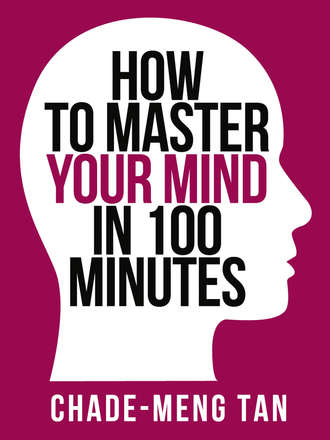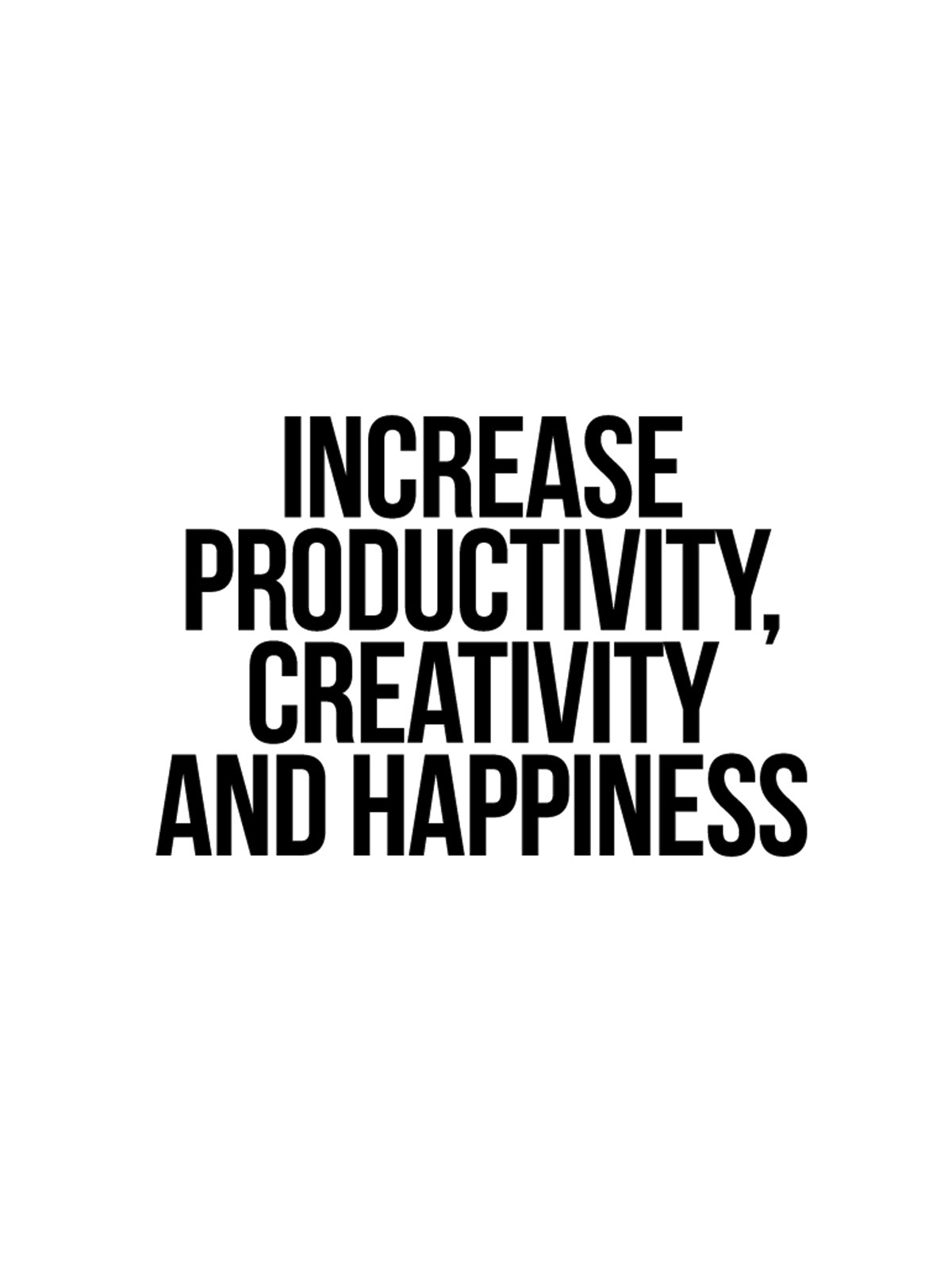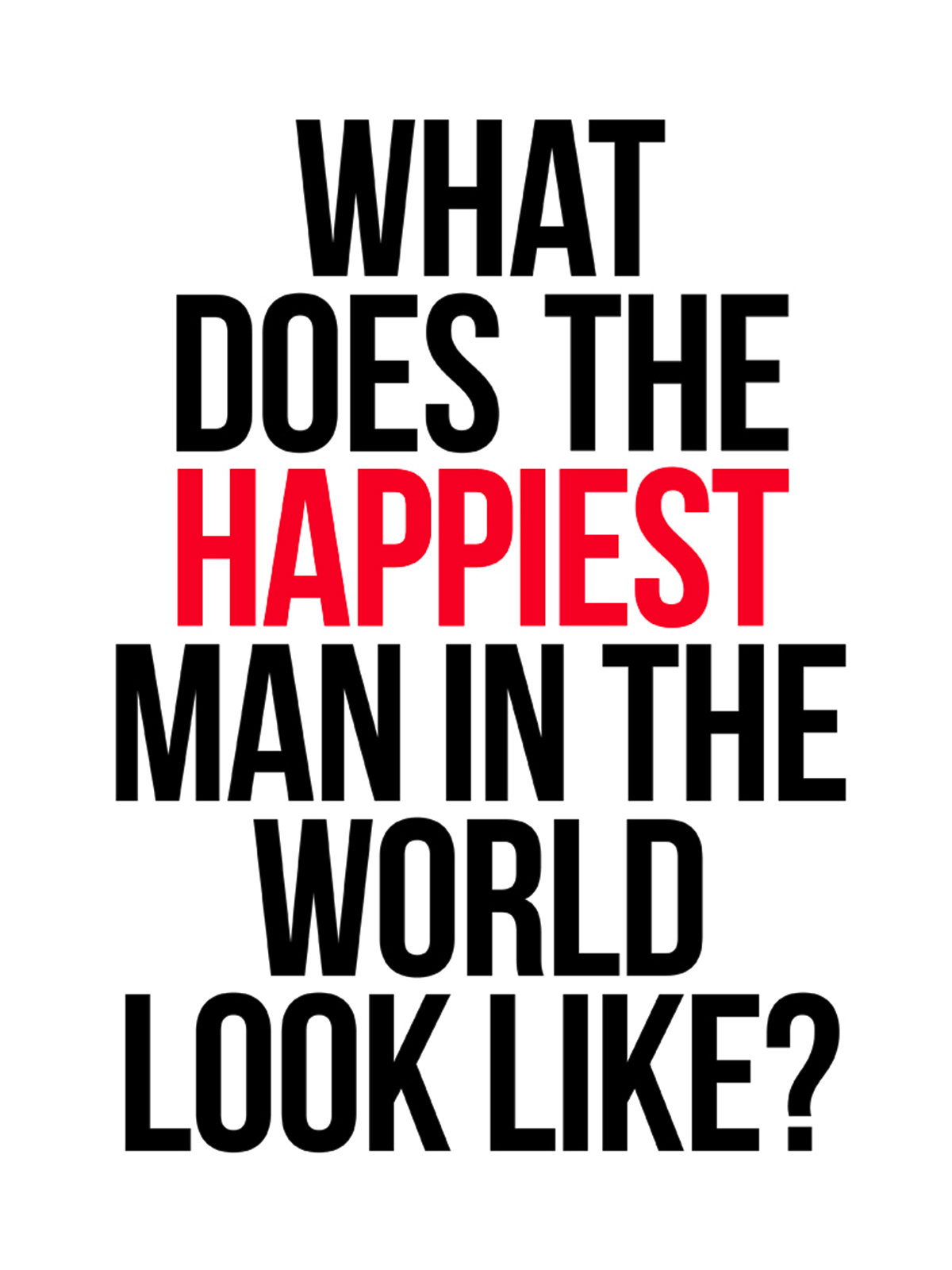
Полная версия
How to Master Your Mind in 100 Minutes: Increase Productivity, Creativity and Happiness




Mindfulness trains two important faculties, attention and meta-attention. Attention is something we all understand.
Let’s say you are paying attention to an object, and eventually your attention wanders away to something else. After a while, there is something in your mind that ‘clicks’ to let you know, hey, your attention has wandered. That faculty is meta-attention.


Meta-attention is also the secret to concentration. The analogy is riding a bicycle. The way you keep a bicycle balanced is with a lot of micro-recoveries. When the bike tilts a little to the left, you recover by adjusting it slightly to the right, and when it tilts a little to the right, you adjust it slightly to the left. By performing micro-recoveries quickly and often, you create the effect of continuous upright balance. It is the same with attention.

When your attention and meta-attention both become strong, something interesting happens. Your mind becomes increasingly focused and stable, but in a way that is relaxing. It is like balancing a bicycle on easy terrain. With enough practice you get the experience of moving forward and being relaxed at the same time.
When the mind becomes highly relaxed and alert at the same time, three wonderful qualities of mind naturally emerge: calmness, clarity, and happiness.


What does the happiest man in the world look like? He certainly does not look like me. In fact, he looks like a bald French guy in Tibetan robes. His name is Matthieu Ricard.
Matthieu was born and grew up in France. In 1972, after completing his Ph.D. in molecular genetics at the Institut Pasteur, he decided to become a Tibetan Buddhist monk. I tell him that the reason he became a monk is because he could not join Google back in 1972 – and the monk thing seemed like the next best career choice.
Matthieu’s career choice leads us to the story of how Matthieu became the ‘happiest man in the world’. When the Dalai Lama became interested in the science of meditation, he invited Tibetan Buddhist monks to participate in scientific studies. Matthieu was an obvious choice as a subject, as he was a bona fide scientist, understood both Western and Tibetan ways of thinking, and had decades of classical meditation training. Matthieu’s brain became the subject of numerous scientific studies.
One of many measurements conducted on Matthieu was his level of happiness. There turns out to be a way to gauge happiness in the brain: by measuring the relative activation of a certain part of your left prefrontal cortex versus your right prefrontal cortex. The stronger the relative left-tilt is measured in a person, the more that person reports positive emotions, such as joy, enthusiasm, high energy, and so on. The reverse is also true; those with higher activity on the right report negative emotions. When Matthieu’s brain was scanned, his happiness measure was completely off the charts. He was, by far, the happiest person ever measured by science. Pretty soon, the popular media started nicknaming him the ‘happiest man in the world’. Matthieu himself is a little annoyed by that nickname, which creates an element of humorous irony.
Extreme happiness is not the only cool feat Matthieu’s brain can pull off. He became the first person known to science able to inhibit the body’s natural startle reflex-quick facial muscle spasms in response to loud, sudden noises. Like all reflexes, this one is supposed to be outside the realm of voluntary control, but Matthieu can control it in meditation.
The stories of Matthieu and other masters of contemplative practices are deeply inspiring. These masters demonstrate that each of us can develop an extraordinarily capable mind that is, first and foremost, profoundly peaceful, happy, and compassionate. The methods for developing such an extraordinarily capable mind are accessible even to you and me. That’s what this Short, and the book it is based on are about.
In Google, the effort to make these methods widely accessible began when we asked ourselves this question: what if people can also use contemplative practices to help them succeed in life and at work?

When you go to the gym, you are training your body so that it can gain more physical abilities. If you lift weights, you will eventually become stronger. If you regularly jog, you will be able to run farther. In the same way, meditation is like training your mind so that it can gain more mental abilities.
Конец ознакомительного фрагмента.
Текст предоставлен ООО «ЛитРес».
Прочитайте эту книгу целиком, купив полную легальную версию на ЛитРес.
Безопасно оплатить книгу можно банковской картой Visa, MasterCard, Maestro, со счета мобильного телефона, с платежного терминала, в салоне МТС или Связной, через PayPal, WebMoney, Яндекс.Деньги, QIWI Кошелек, бонусными картами или другим удобным Вам способом.


![Search Inside Yourself: Increase Productivity, Creativity and Happiness [ePub edition]](/covers_200/39758697.jpg)
